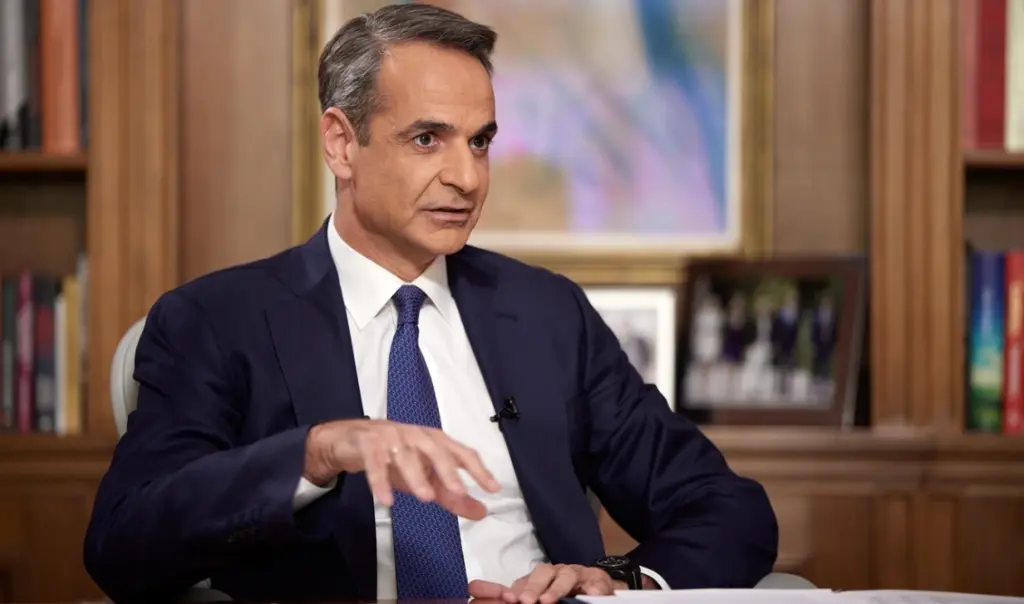The government is entering a crucial 20-day period during which final decisions will be locked in for the economic measures package that Prime Minister Kyriakos Mitsotakis will announce at the Thessaloniki International Fair in early September.
The government team is called upon to finalize interventions concerning:
- Tax relief for the middle class and lower incomes.
- Targeted support for vulnerable social groups.
- Measures to address the housing crisis and facilitate access to housing.
These measures will be incorporated into the 2026 budget, whose draft will be submitted to Parliament on October 6, as well as into the new Medium-Term Structural Plan 2026-2029, which will be submitted to the European Commission.
Thessaloniki Fair: fiscal space and direction of interventions
According to sources, the combination of strong growth, increased tax revenues from combating tax evasion, and the exclusion of defense spending from deficit calculations ensures a fiscal space of €1.5 billion for 2026.
This amount is expected to be directed toward:
- Tax rate reductions, with emphasis on middle income brackets.
- Support for families with children.
- Targeted policies to increase housing supply and reduce housing costs.
Measures under consideration include reducing taxation on rental income, as well as incentives for property owners to make vacant apartments available to the market, in order to ease pressure on the housing market.
Spending ceilings and new Medium-Term Plan targets
The Medium-Term Plan 2026-2029 will set clear “ceilings” on public spending:
- +3.6% for 2026
- +3.1% for 2027
- +3% for 2028.
The growth rate for 2029 will be agreed upon with Brussels.
The plan’s projections estimate:
- Growth consistently higher than the Eurozone average (this year’s forecast is 2.3%).
- Maintenance of high primary surpluses – this year 3.5% of GDP is expected, significantly above the 2.4% target.
- Gradual reduction of public debt, with the goal that Greece will no longer have the highest debt in the EU as a percentage of GDP by 2028.
The driving forces of growth
The positive scenario is based on:
- Continued capital inflows from the Recovery and Resilience Fund.
- Additional boost from three new European environmental funds worth €8 billion, in which Greece participates.
- Strengthening the national component of the Public Investment Program.
The government expects these investments will enhance long-term growth dynamics and support the sustainability of high surpluses, while simultaneously utilizing steady revenues from combating tax evasion.
The next 20 days are expected to be particularly intense with decisions and consultations. The Thessaloniki Fair package will serve as the main guide for economic policy in 2026 and will signal the direction of government strategy at tax, social and development levels for the coming years.




